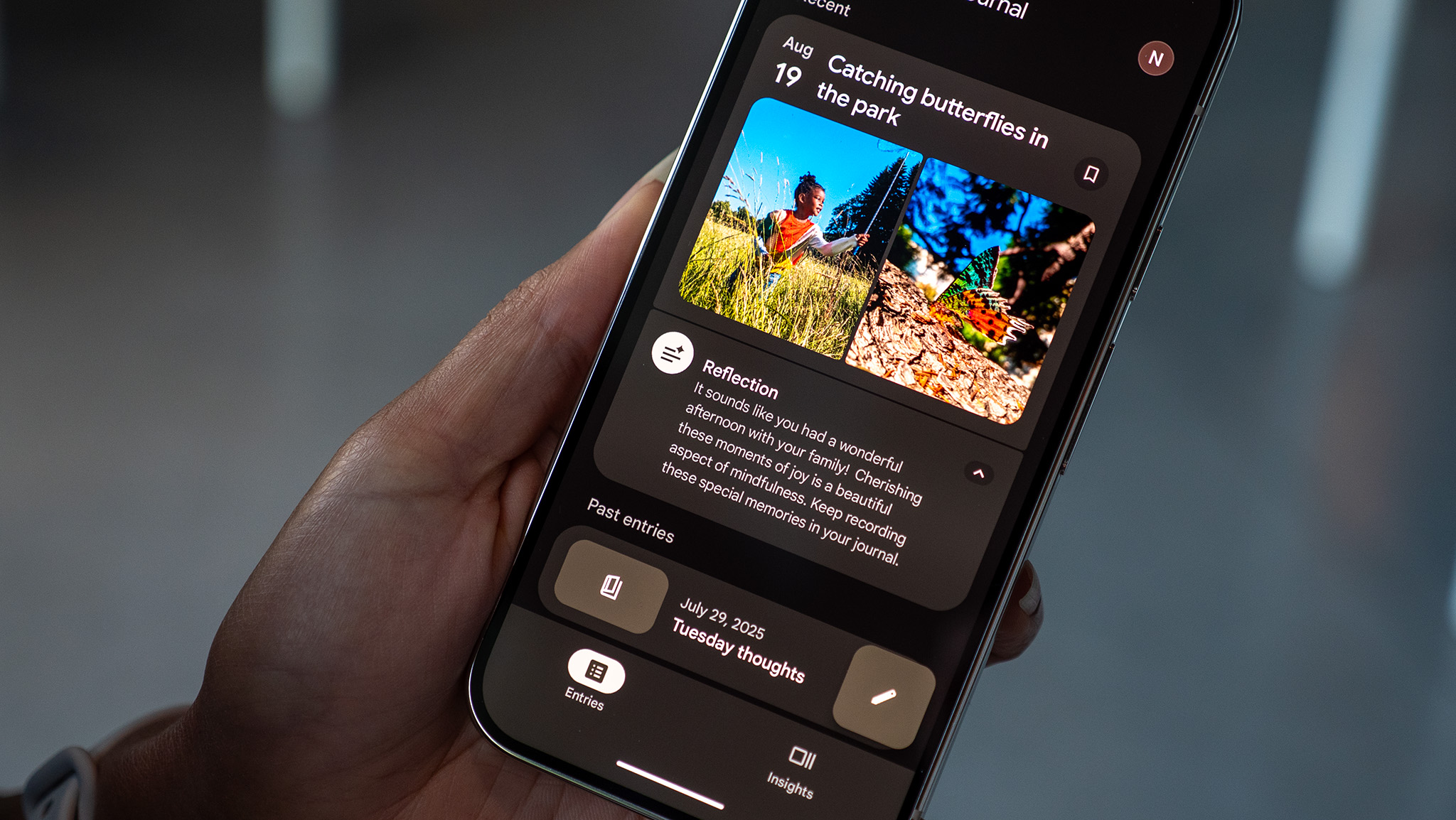PC VR is far from dead, but it's also more niche than ever
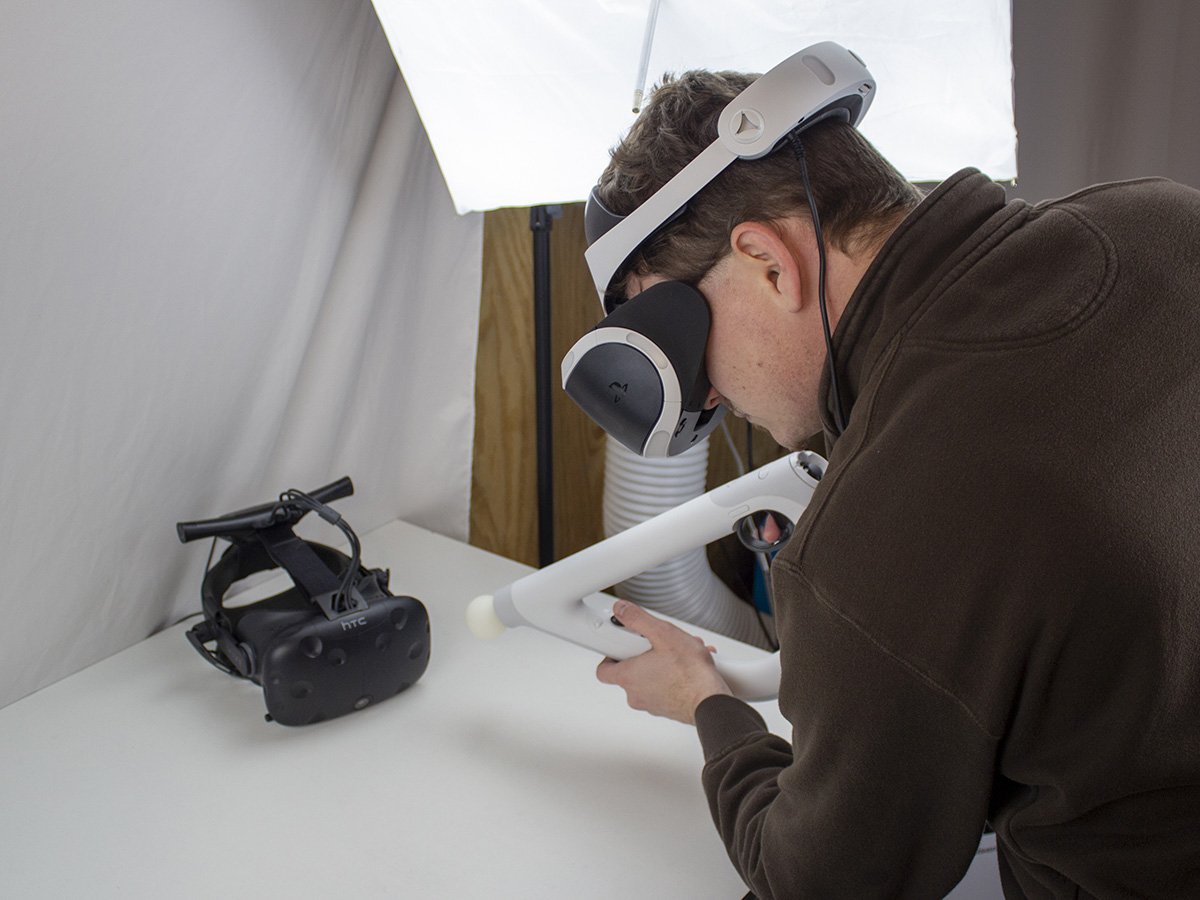
If you've been around social media in any form over the past year, it's likely you've heard of Beat Saber. The game is ubiquitous with virtual reality gaming, and for good reason. It recently became the first VR-only game to ever make it to the Steam top 100 best-selling games list. It's streamed by thousands of gamers day in and out, in large part because a community of modders is constantly adding in new songs to the roster, like Toss a Coin to Your Witcher from the hit Netflix series.
Games like Beat Saber show that VR is bigger than it's ever been. It's on the minds of more gamers than ever, it's talked about by more people than ever, and it's being bought more than ever. But the surprising part is that it's not the Valve Index, the HTC Vive Cosmos, the Oculus Rift S, SteamVR, or even Windows Mixed Reality that's pushing VR to the next level and to more consumers. It's not even a PC-powered head-mounted display (HMD) that's providing the growth we're seeing in VR.
According to Nielson-owned SuperData, the PC VR HMD market shrunk 8% year-over-year when comparing 2018 sales to 2019 sales. If you're a developer looking to build PC-powered VR titles, that number can look a little scary, and for good reason. But don't give up hope yet. First off, there's no one reliable source of sales or user numbers out there. Despite the name Nielson being behind this data, many purport these numbers to be false guestimates based on industry trends.
People have also been writing about the death of VR since the beginning of VR. This isn't one of those articles, but it is designed to help make sense of what's happening in the market and what developers and consumers should know, going forward.
PC VR isn't dead, and it's not dying
Despite what the numbers above may indicate, it's important to note that 2019 was a year of maturity, not growth. Years prior saw the launch of important pieces of hardware like the HTC Vive and Oculus Rift in 2016, but that hardware was in its infancy, just as the VR market was. Aside from some fun titles along the way, there really wasn't all that much to get excited about unless you were an enthusiast or a visionary.
But 2019 proved that VR just took a while to figure out, and some monumental releases have shown that developers have developed mechanics that appeal to both casual and core gamers. Games like Pistol Whip are immediately accessible and lovable. Asgard's Wrath and Stormland have shown that full-length VR games aren't just a dream. Experimental titles like Boneworks redefined physics and virtual interaction. VR classics like Budget Cuts got its first sequel, and DLC has kept Beat Saber and Audica players coming back for more.
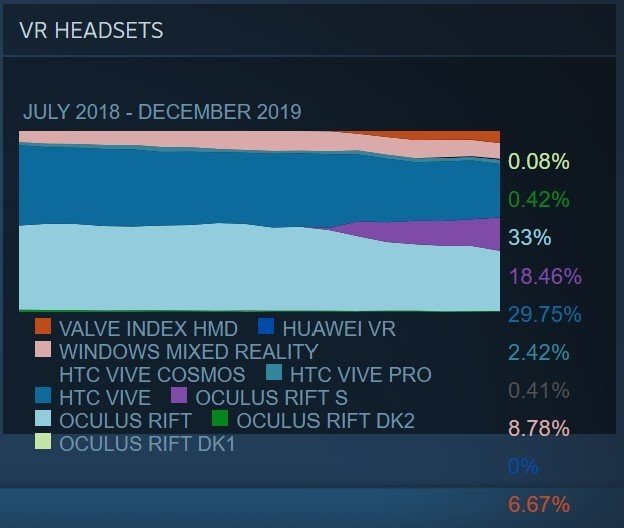
Based on the Steam hardware survey, which reveals the statistics of a portion of the Steam userbase, SteamVR users have spent much of the latter half of the year upgrading their VR headsets instead of adding new users, which lines up to what we saw in the previous sales numbers from SuperData.
Get the latest news from Android Central, your trusted companion in the world of Android
That means the core VR enthusiast audience, who has likely owned an Oculus Rift CV1 or HTC Vive for a few years, is now upgrading to the Oculus Rift S and Valve Index since those headsets offer compelling new features without the pain associated with migrating to a different ecosystem. The Valve Index, despite its high price, is still sold out until the release of Half-Life: Alyx and this bodes well for the future of enthusiast-level VR. That's, of course, in spite of the supposed 8% year-over-year decrease in VR hardware sales.
What we're seeing here are users upgrading rather than new users being added. In a year with the aforementioned big releases, one might begin to wonder about the future of the PC VR community and if it'll ever expand again. But let's not forget the elephant in the room, shall we? Half-Life: Alyx is coming out in less than two months. This is a title so big, so monumental in its existence that it'll bring a host of new users into the fold and, given the reaction most people seem to have when they finally experience real VR (read: roomscale), it's unlikely that they'll ever leave.
Standalone is the future
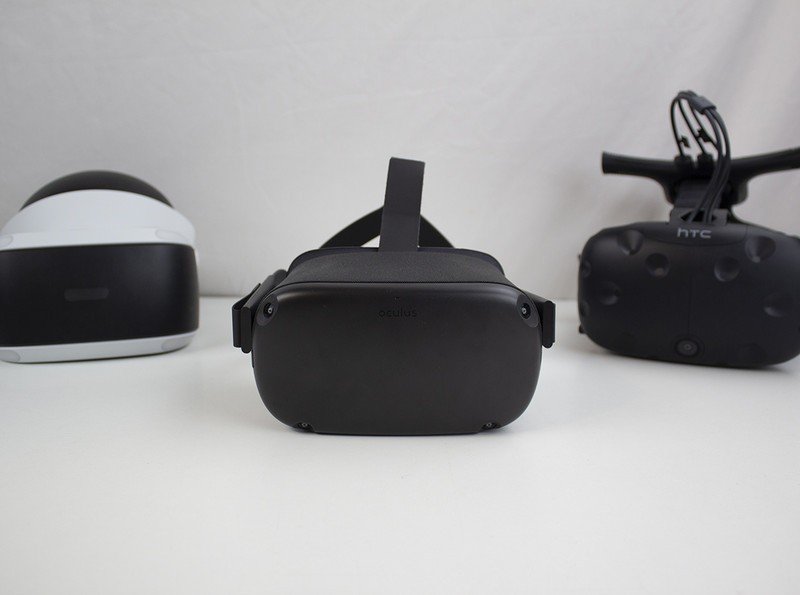
If there's one thing we can glean for certain from 2019's sales trends, it's that standalone VR is the future. While enthusiasts will likely stick to PC-based VR for the foreseeable future, mass-adoption is happening with headsets that don't require an expensive PC to run it, a giant cord to run across living rooms, annoying Windows-related issues, installation, configuration, and everything else that's irritating about PC-powered VR.
I've been in this VR game for years now, and my biggest pet-peeve with the entire thing has been the requirement of dealing with these types of problems. The promise of console-powered VR has mostly delivered with the PlayStation VR, which is a far less cumbersome journey, but it's still not as straightforward and simple as what headsets like the Oculus Quest deliver.
Every game you can find on the Oculus Quest
Even if we can't fully trust the sales numbers coming from companies like SuperData, other industry data is proving this reality. In fact, sales of the Oculus Quest were so great in 2019 that they accounted for a 41% rise in software sales. At $171 million in total sales, that's exactly double the $86 million in sales from PC-powered VR. Given that there really wasn't much in the way of standalone VR worth noting before the Oculus Quest (the Oculus Go certainly isn't worth noting), that's an astounding jump in attach rate and sales growth.
2020 vision
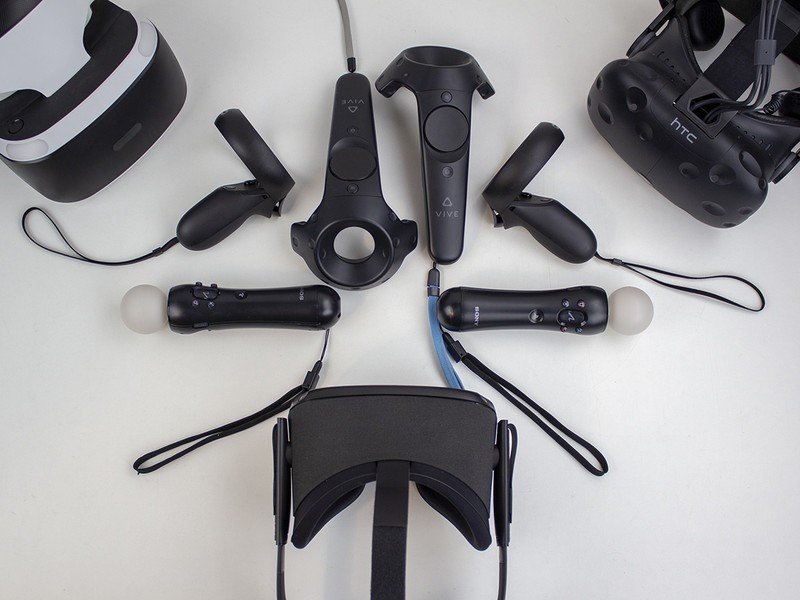
The VR market isn't going the way anyone expected, but it's not the only tech market that's skirted expectations lately. In fact, it might be worth noting that VR could turn out very similarly to the wearables/smartwatch market in several ways. First off, sales aren't going the way some had expected or hoped, but things are changing. Smartwatch sales got off to a slow start but finally picked up once manufacturers figured out what people actually wanted from a smartwatch and what they didn't.
VR is not something that everyone wants or needs; it's not necessarily going to be like a smartphone. It's not something that makes sense in every scenario or for every person. It's not meant to replace traditional gaming. VR is an entirely new experience that begs to be tried and, in all likelihood, will leave you wondering why you didn't try it sooner (and if you could ever go back to not having it).
The best Oculus Rift and Rift S games in 2020
Secondly, it's entirely likely that, like smartwatches, a single player will end up dominating sales and mindshare. Just as Apple emerged a few years late to the game and quickly took over the lion's share of both mindshare and sales, Facebook seems to be following a similar trajectory with the Oculus Quest. If 2019 is any indication at all, it won't be long before the PC-powered VR market is a small fraction of the overall release cycles and revenue.
Based on that, there's no sign that PC-powered VR is going anywhere, for better or worse. Current players are entrenching themselves ever-deeply into better headsets and preparing for the best experiences they've yet had. If the release of The Walking Dead: Saints & Sinners is any indication, 2020 is set to be the best year VR has ever had by a long shot.
It's possible that PC-powered VR will grow in 2020. It's even highly likely that Half-Life: Alyx alone will grow the market, but to what extent is anyone's best guess. Regardless of what gets released, though, several years of market experimentation and product launches have shown me this: PC-powered VR isn't dead. It isn't even dying. But it's more niche than ever and will likely stay that way because of the cost and hassle to play. VR, as a whole, will continue to grow as better standalone headsets debut and, despite curmudgeons like Microsoft, will continue to flourish as a new and interesting gaming medium to enjoy.

